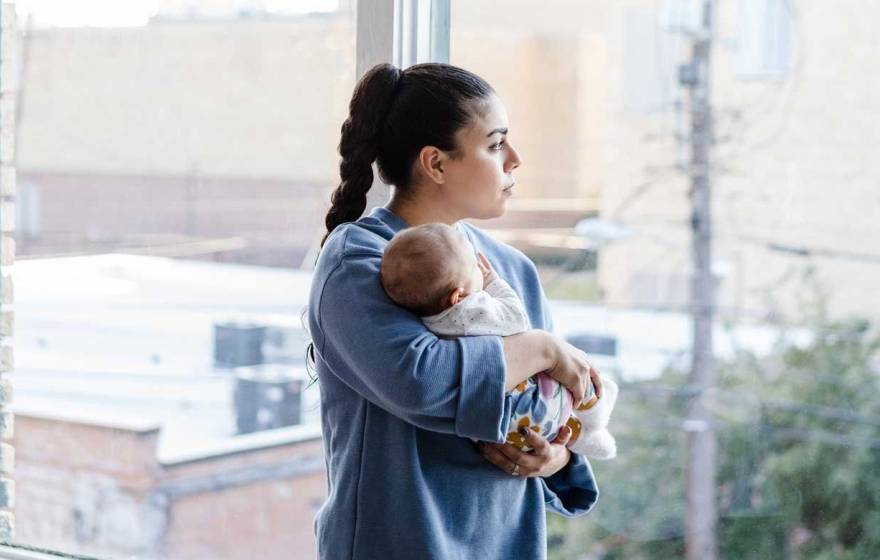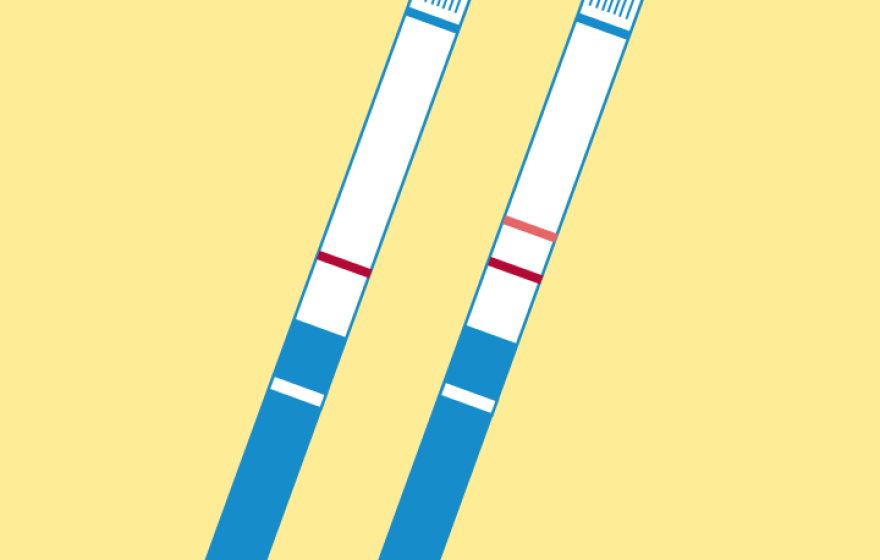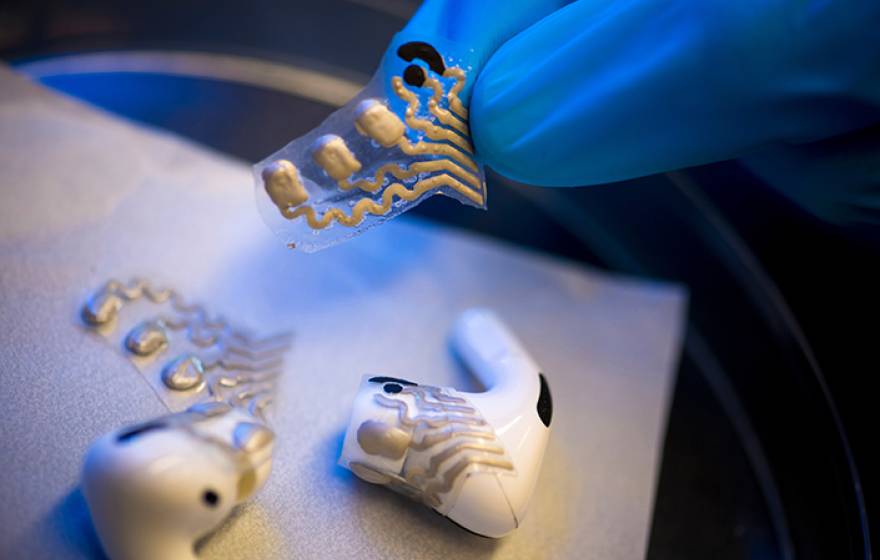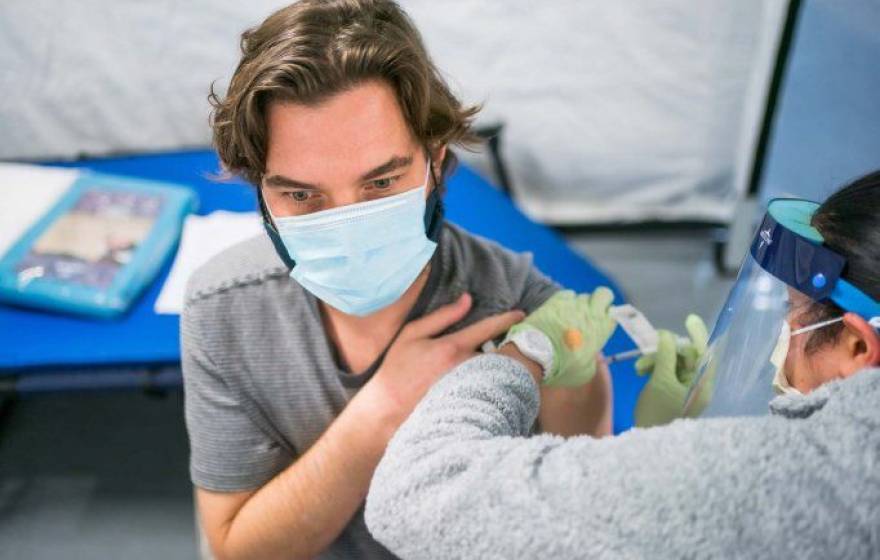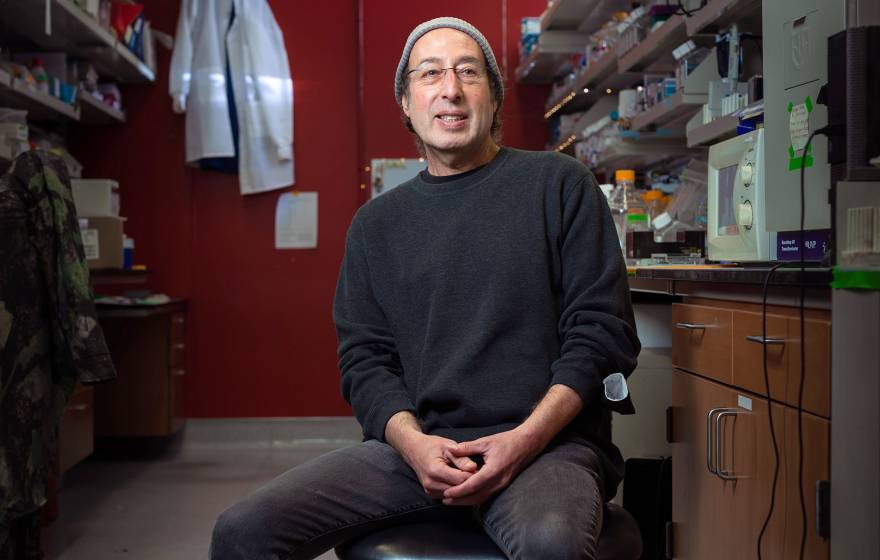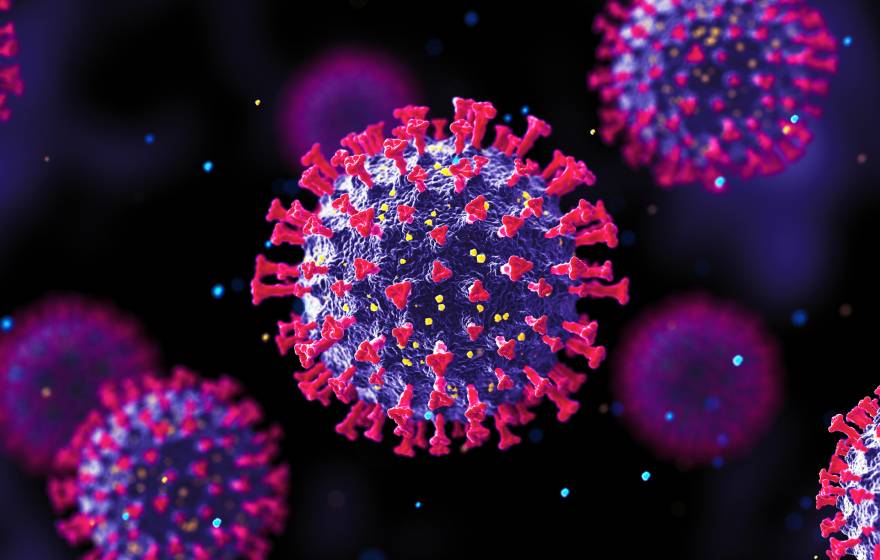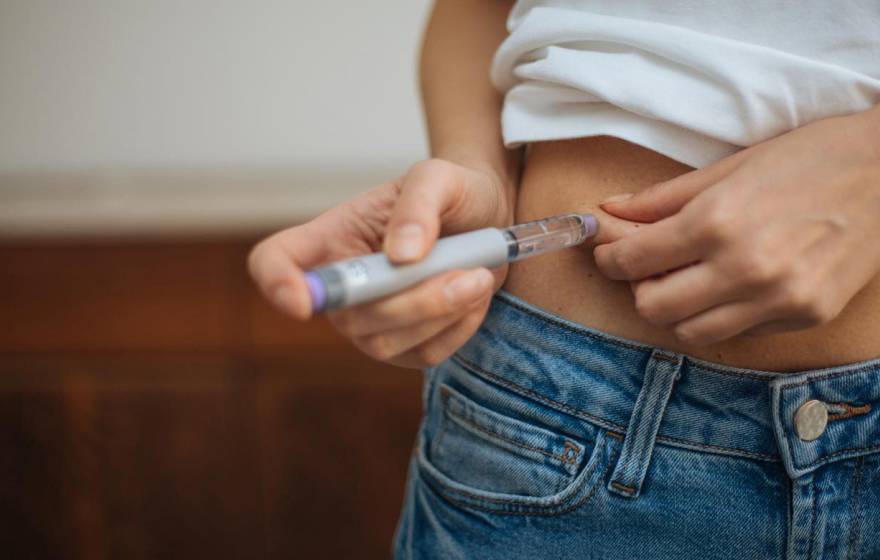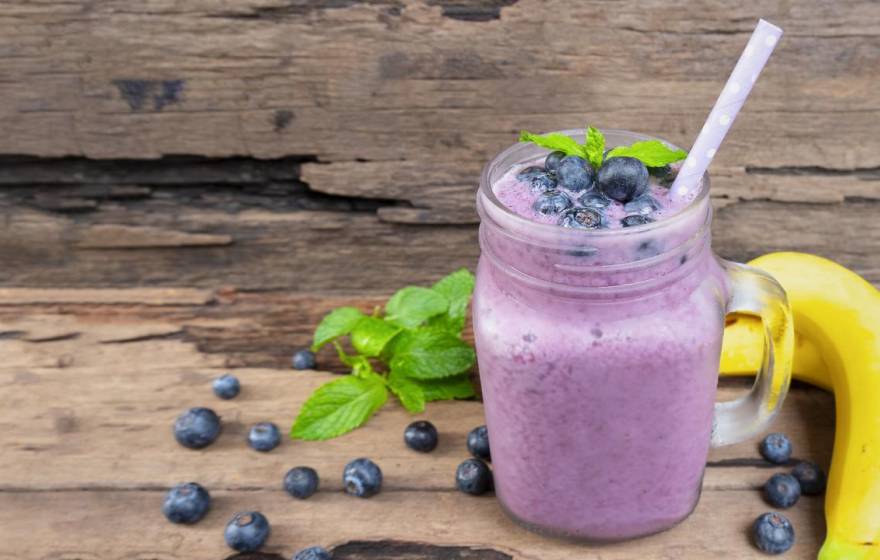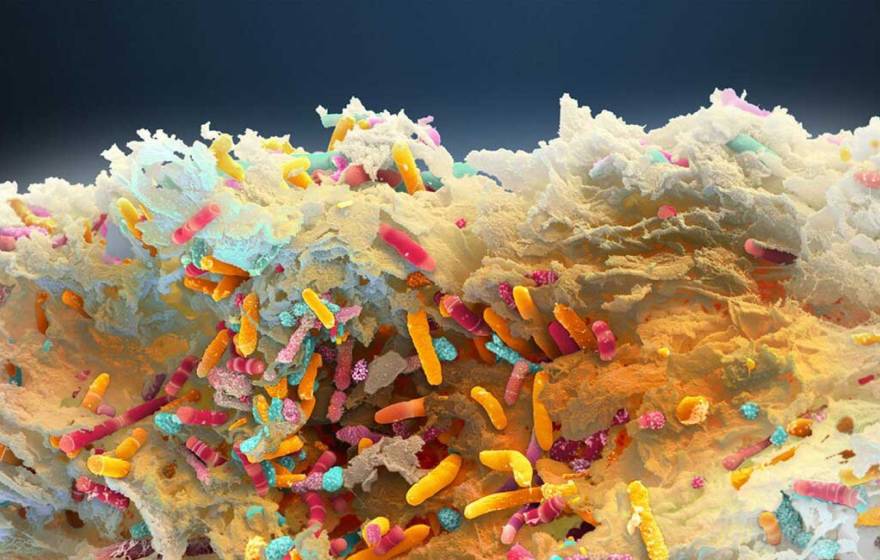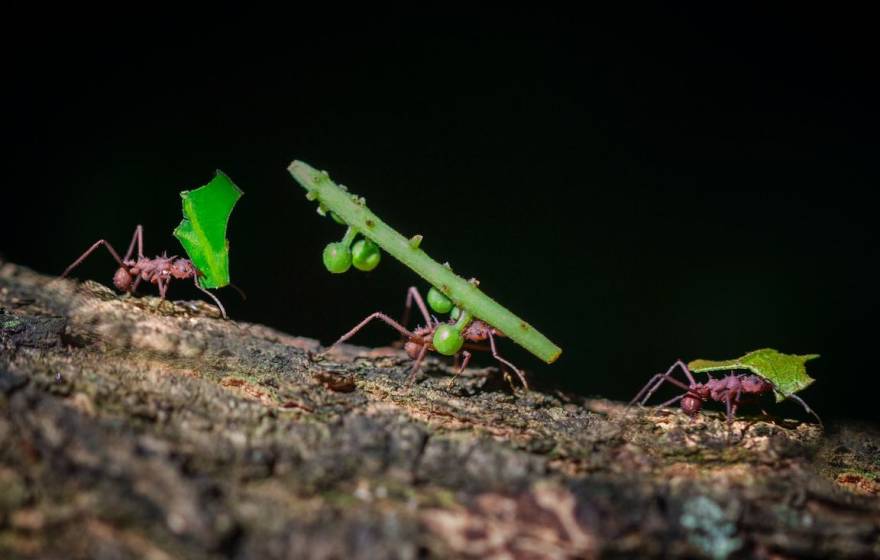UC San Francisco |
Will a pill help new moms bounce back from postpartum depression?
Margo Pumar, medical director of perinatal psychiatry at UCSF, on what families need to know about a new drug called zuranolone.
UC San Francisco |
Can a simple fentanyl test curb San Francisco’s overdose crisis?
UC San Francisco professor Tessa Rife-Pennington shares how expanding access to fentanyl test strips could help drug users prevent overdose.
UC San Diego |
These screen-printed, flexible sensors allow earbuds to record brain activity and exercise levels
Streaming data from 3D-printed biosensors developed at UC San Diego can be used for health monitoring and diagnosis of neurodegenerative conditions.
UC Berkeley Public Health |
50 years after being outlawed, redlining still drives neighborhood health inequities
Discriminatory lending practice continues to have serious effects, according to new UC Berkeley Public Health research.
UC San Francisco |
New COVID-19 vaccines: Is it worth the shot?
Will updated vaccines work against the latest “scariant” and 11 other questions answered.
UC Santa Barbara |
A peek inside the quickening race to understand, treat — and even cure — Alzheimer’s disease
Neuroscientist Kenneth Kosik will detail the current and future direction of Alzheimer's research in a free public talk.
UC Riverside |
Scientists uncover COVID’s weakness
New research has revealed the Achilles heel that can be used to prevent the virus from making people sick.
UC Berkeley Public Health |
Cultural racism worsens health inequities between racial groups
Racism expressed through cultural norms can perpetuate negative health outcomes for nonwhite groups, according to a UC Berkeley study.
UC San Francisco |
Are the newest weight loss drugs too good to be true?
What you need to know about Wegovy, Ozempic and Mounjaro
UC Davis |
You might be making this one mistake with your smoothie
Researchers find adding a banana decreased the level of flavanols in smoothies.
UC San Francisco |
Gene editing of microbiome may help prevent asthma in children
Breakthrough CRISPR technology could also target ulcerative colitis, periodontal disease and multiple sclerosis.
UCLA |
Could insights from ants help people build better transportation networks?
UCLA study finds the insects’ nests reflect the way they work together — or don’t — to forage for food.
